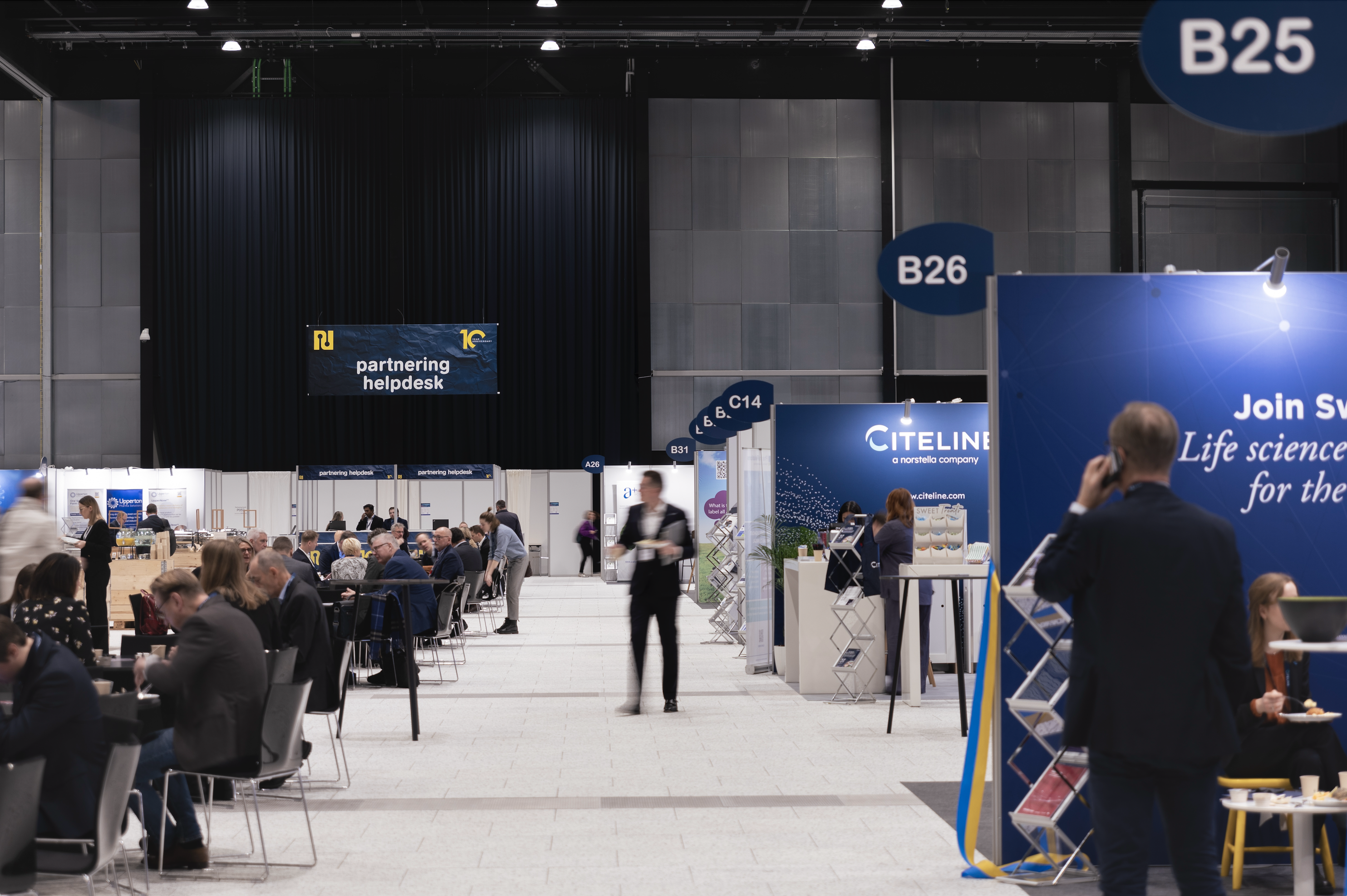Despite all the general trends in focus during NLSDays 2023, there was of course also a lot of discussion on the strength of the Nordics specifically and how the Nordics and Europe can better compete globally, while there was also acknowledgement of the global nature and strength of collaborations. T he NLSDays conference highlighted the strengths of the Nordic region in the life sciences industry, emphasizing the need for confidence nlsdays.com in their capabilities and for leveraging those unique assets to increasingly play at the global stage.
“ Let’s be more confident in who we [the Nordics] are and what we are good at”. Panelist, From innovation to improved health: the building blocks of a successful life science sector
The Nordics boast a high level of innovation, a significant output of companies and talent, and support from EMA. Moreover, Nordics also have had a favorable financing environment with a record $4 billion expected to be raised in 2023, according to Citeline. Another core strength of the region is the sheer abundance of data: The large amount of curated data and the ability to link that data to specific patients grants significant power to the region when e.g., making populationbased decisions and propelling understanding of disease progression. By leveraging these strengths, the Nordic region can continue to impact and grow its influence on the global life sciences landscape. “ T here is an ignorance in the global community about what we [the Nordics] have in terms of data. Panelist, Harnessing data to improve our health To maintain and enhance their position, the Nordics must continue to invest. Across the different super sessions and panel discussions, the following critical areas were identified:
• People and talent: Training the younger generation to not only become smart and aware but also innovative and entrepreneurial (attract, translate, mentor)
• Clinical trial network: Improving the network not only in the Nordics but also its relation to Europe as the Nordics and Europe are currently not attracting enough clinical trials.
• Even better uniformity of data: While data is one of the key strengths, it is often separated by country and sometimes even regions within a country. For better relevance this needs to be unified within countries and within the Nordics and potentially even across Europe to generate a larger and therefore more relevant data pool
• Interpretation of GDPR: Aligning on the definitions across the healthcare and life sciences ecosystem to enable the full usage of the curated data and not to be worried about various individual legal interpretations. To remain competitive on the international stage, the Nordics must recognize that they are part of a global game that extends beyond regional rivalries. The Nordics bring a traditional focus on many areas such as data, but also a strong ethical perspective on topics like sustainability. It will be important to increase efforts on areas such as AI and cell therapy, to further capitalize on its strong data capabilities and to solidify its position as a leader in the life sciences industry.
“Setting aspirations and objectives that are achievable, and not trying to just be as big as Boston or as the Bay Area. Let’s figure out what we can do here and do it” . Panelist, From innovation to improved health: the building blocks of a successful life science sector.


